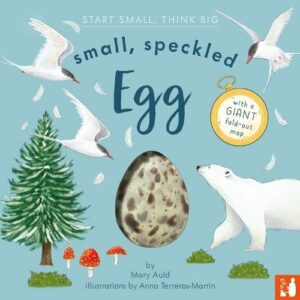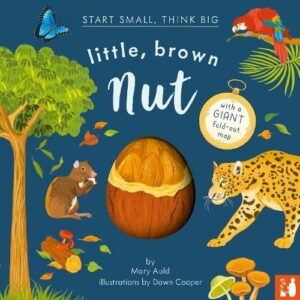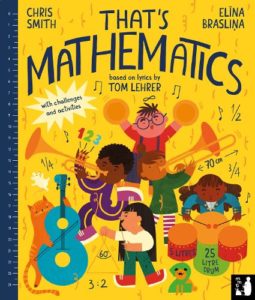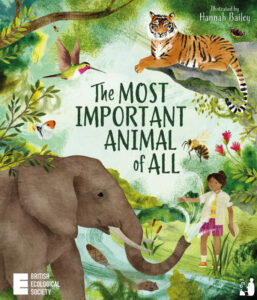Unfold a world of discovery.
Small, Speckled Egg takes young readers from the small and familiar to new areas of knowledge where they really have to think big!
It starts with an egg that hatches into one of the most impressive birds on the planet – an Arctic tern. Watch her grow, learn to fly, and start her long migration from the Arctic to Antarctica and back again. A journey she does every year of her life.
Her lifecycle is turned into this easy-to-read story and the beautiful illustrations transport you to chilly polar landscapes. Additional captions are packed with information for able readers to expand on new areas of knowledge. The book touches on KS1 primary science topics: the lifecycle of a bird, food chains, migration, seasons and polar regions.
At the back of the book there is a giant fold-out map that includes a fun I-Spy game to take children back into the book to find the polar animals.
A brilliant addition to any home or school library with lots of detail that will be returned to again and again.
Look out for more science-based picture books in the Start Small, Think Big series including Little, Brown Nut.











